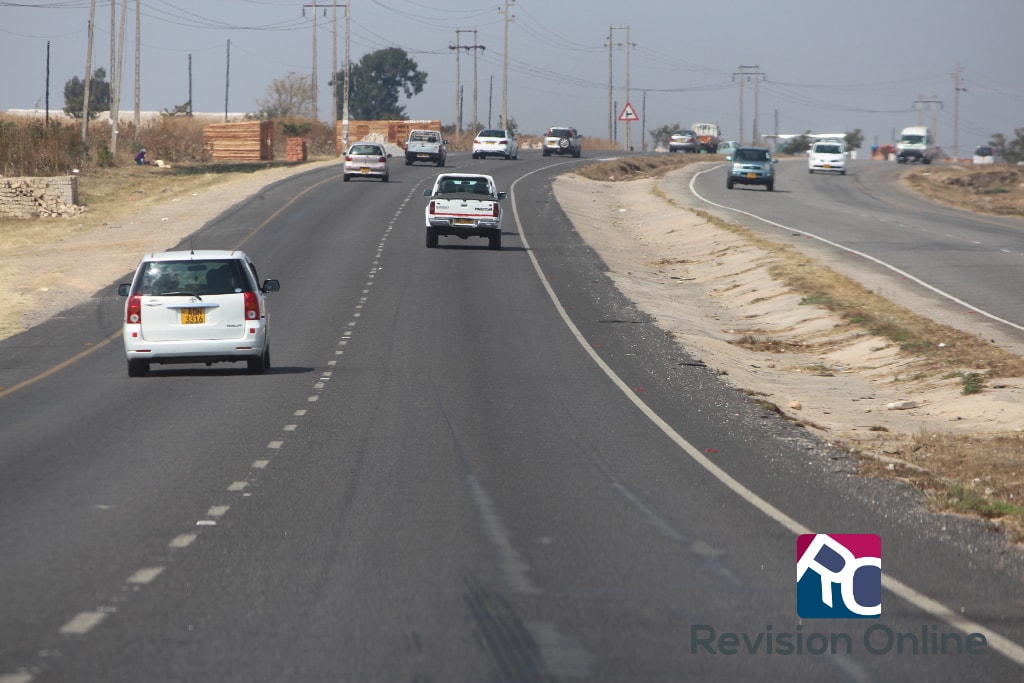ZIMSEC O Level Geography Notes: Transport: Transport Network analysis

The transport network system of Uganda.
- A transport network is a spatial pattern of transportation facilities in a given region
- It shows the pattern of transportation facilities that cover a given area e.g. a country, region or continent
- Various methods are used to analyse and describe transport networks
- These vary from graphical approaches, descriptive or qualitative approaches as well as quantitative methods
- Topological maps and graphs are often used to analyse transport networks
- Various terms are used when doing this
- These terms include:
- Route- refers to a pathway followed by transport type
- A route is typically shown by a solid line linking nodes
- It is also called an edge or a link
- Node- is any settlement through which a route passes or ends
- Transport routes link or connect node which maybe homes, villages, towns, mines or cities.
- All routes begin and end at different type of nodes.
- Routes and edges can be used to calculate the beta index of a transport network
- The larger the beta index, the better the connectivity of settlements in an area.
- As transport networks develop and become more efficient, the value of the B.I should rise.
To access more topics go to the O Level Geography Notes page








